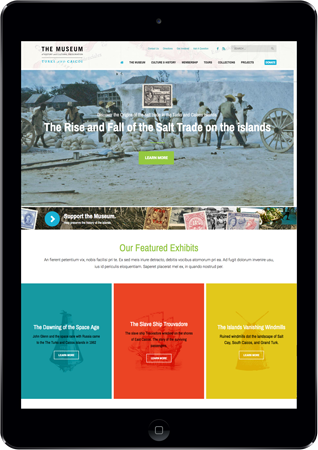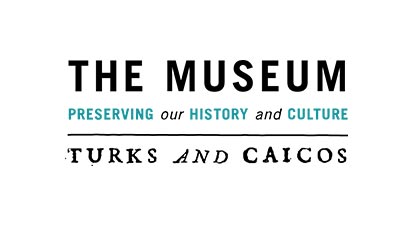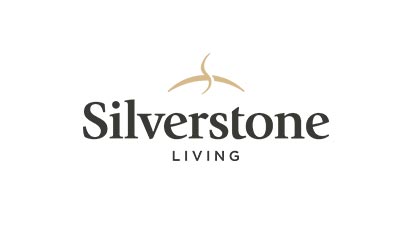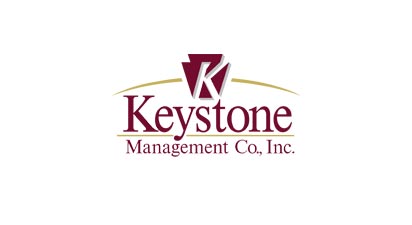Using Google’s New Layout to Your Advantage
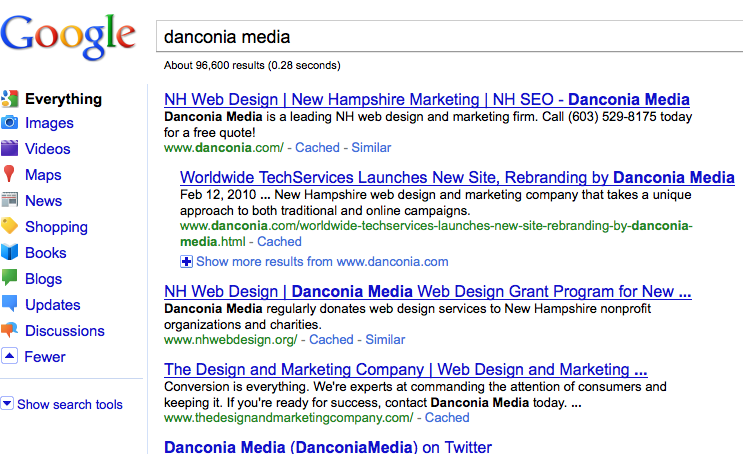 This week, Google began implementing a new, colorful layout that provides more options for searchers than before. Instead of typing a search query and going through pages and pages of results, you'll now have the option of slimming down your choices. As The Register points out, the change is an obvious attempt to stay competitive against Microsoft's Bing, which touts itself as a user-friendly alternative to Google.
This week, Google began implementing a new, colorful layout that provides more options for searchers than before. Instead of typing a search query and going through pages and pages of results, you'll now have the option of slimming down your choices. As The Register points out, the change is an obvious attempt to stay competitive against Microsoft's Bing, which touts itself as a user-friendly alternative to Google.
The change has already taken effect for many Google users, though it is apparently not across the board yet. If your Google searches look the same as always, expect to see the new layout within the coming days. The sorting options that now appear � by news, images, videos, maps, shopping, books, blogs, updates, discussions, time frame � were previously available, but most users did not know about them.
Here are some ways you can use the new layout to make your searches more efficient:
- Published in Blog
Marketing When Business Is Good
Is your business turning a decent profit at the moment? Do you already have more inbound sales leads than you can handle? Are you uninterested in expanding your business because you're plenty comfortable with its current size? Do you have trouble justifying investing in marketing because the current economy is treating you so well?
You're one of the lucky ones, for sure, but that's no reason to ignore getting the word out about your business. Large, successful companies have in-house marketing departments and invest heavily in advertising for a reason: They want to remain in the black. They realize that the business world never stagnates. While the future may look bright for them now, they realize their situation could change very quick if their competition outsmarts them. They invest in marketing to ensure that doesn't happen.
- Published in Blog
How Important Is Your Website’s Homepage?
It used to be that the most work was dedicated to perfecting a site's homepage because, presumably, that would be the place visitors would see first. As Internet users become more sophisticated, they're bypassing sites' main pages in favor of getting the information they're seeking from landing pages. And instead of searching for general terms on Google, Yahoo! and Bing, they're getting much more specific, finding what they're seeking sooner.
CMS Wire cites statistics showing that show that the percentage of a large research website's page views being on the home page has been declining steadily since 2003: 39 percent in 2003, 19 percent in 2009 and, during one month in 2010, just over 2 percent. A technology website, according to CMS Wire, �had roughly 10 percent of page views for the homepage in 2008, and by 2010 it was down to 5 percent.�
- Published in Blog
Google Now Considers Load Time a Ranking Factor
Google has announced that it has begun taking into account page loading time as a ranking factor. In a blog entry posted Friday, Google said the move is to improve experience for Internet users and site owners alike. The change took effect after extensive testing, according to Google, and site owners should check their load times to ensure they're not negatively impacted.
Matt Cutts, who heads Google's anti-webspam team, said in his blog that the change may impact smaller web sites more than larger ones. Tweaks can be made to small sites relatively easily, he wrote, while a larger company �might move slower or be hindered by bureaucracy.� While the change only affects less than 1% of search queries, Cutts said it's still worth making sure your site is as speedy as possible because it isn't �just something that can affect your search rankings � it's a fantastic idea for your users.�
- Published in Blog
Study: Nearly 100 Percent of Consumers Research Online Before Purchasing Locally
If you're not already devoting most of your marketing budget to the Internet, now is the time to change your game plan. A new study by BIA/Kelsey indicates that 97 percent of consumers go online to research products and services locally. If they're not finding you during their searches, there's no doubt about it: You're losing business, and probably lots of it.
Consumers are getting their information from a variety of sources, but most of them start with popular search engines such as Google, Yahoo! and Bing. Of those who participated in the study, 90 percent reported using search engines to conduct research. Forty-eight percent use the online Yellow pages, 42 percent use shopping comparison sites and 24 percent use vertical sites.
- Published in Blog
The Importance of Long-Tail Search Explained

Now you could invest a lot of money into showing up prominently for that search and, yes, doing so would probably increase your sales figures provided your website is designed well and your products are worthwhile. But if you're looking for a more affordable and quicker way to go about it, you'll go after the terms that have significantly lower search volumes but, when added up, will account for most of your business. Instead of concentrating on a few big terms like �couch,� �couches� and �leather couch,� you could go after more targeted terms like �green sofa couch,� �couch for living room� and �white couch living room� and see a bigger return on your investment.
- Published in Blog
Google local listing ads: The beginning of the end for free local listings?
Google has launched a new advertising platform geared toward businesses targeting consumers in their local areas. The program, which is rolling out in the San Francisco and San Diego areas, differs from Google Adwords in that businesses are charged a flat monthly fee based on their categories and locations rather than having to shell out dollars for every visitor who clicks their ads.
The listings will appear above unpaid local listings when users conduct searches as well as in Google Maps. With the listings, advertisers get a basic ad displaying their company's information, address and contact details, a unique phone number that Google will use to track calls and regular reports on conversion. It's unclear what the pricing will be for businesses in New Hampshire and New England, but it'll likely be based on search volume.
- Published in Blog
It’s not all about Google: Why focusing on only one search engine could hurt your business
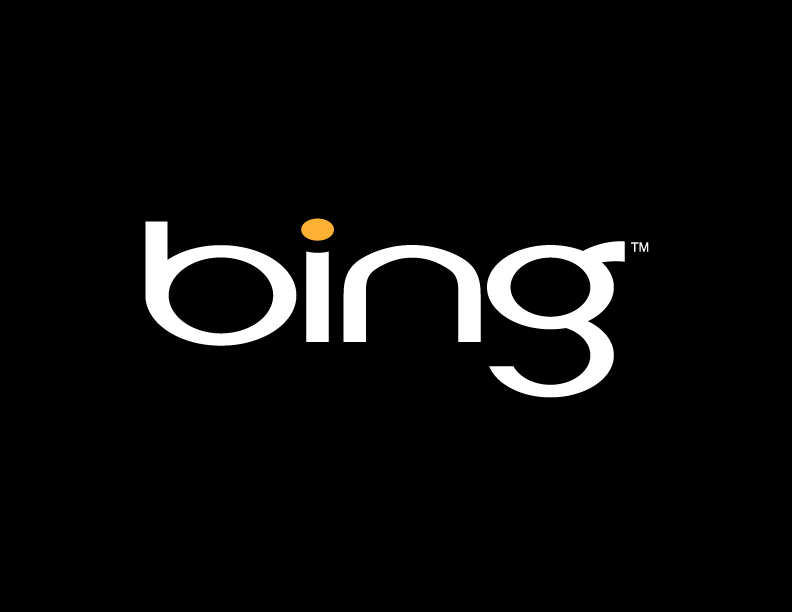 The news that Microsoft and Yahoo! plan to join forces to compete with Google makes it clear that SEOs can no longer concentrate on obtaining high rankings on just one search engine. Google has long dominated the search marketplace, but there are still other search engines that, if you properly optimize for them, will drive relevant traffic to your site. And while Google may be on top now, the company is only a decade old and there's no telling what the future holds for it. It probably won't happen tomorrow, but consumers may very well jump ship if Microsoft/Yahoo! develops a superior product.
The news that Microsoft and Yahoo! plan to join forces to compete with Google makes it clear that SEOs can no longer concentrate on obtaining high rankings on just one search engine. Google has long dominated the search marketplace, but there are still other search engines that, if you properly optimize for them, will drive relevant traffic to your site. And while Google may be on top now, the company is only a decade old and there's no telling what the future holds for it. It probably won't happen tomorrow, but consumers may very well jump ship if Microsoft/Yahoo! develops a superior product. The latest statistics from Hitwise, an Experian company that tracks Internet traffic, show that Google's marketshare is at 71.42 percent, far ahead of Yahoo!'s 17.18 percent, Bing's 8 percent and Ask's 2.47 percent. When Microsoft's Bing becomes Yahoo!'s default search engine, the two companies will presumably have roughly 25 percent of the marketshare. Obviously, ignoring a quarter of the market is not a wise business decision, especially when there's evidence that its gaining headway. So far, Microsoft has done a good job at piquing the public's curiosity about Bing, and SEOs have praised the relevancy of its results.
- Published in Blog
Writing effective press releases that help SEO
Press releases are much less powerful than they used to be for SEO purposes. While churning out news releases and submitting them to free sites may not do much, the medium can actually be more powerful than ever if used right. Convincing a single reporter or high-profile blogger to pick up your news is infinitely more beneficial than posting worthless releases all over the place and Digg'ing and StumbleUpon'ing them with your multiple accounts.
- Published in Blog
Using Twitter’s Search Function to Your Company’s Advantage
- Published in Blog



